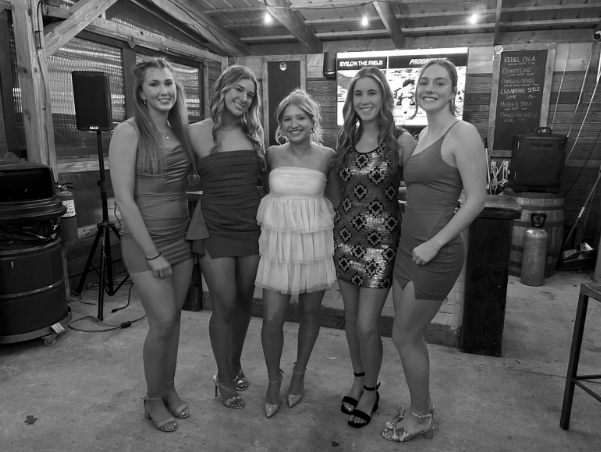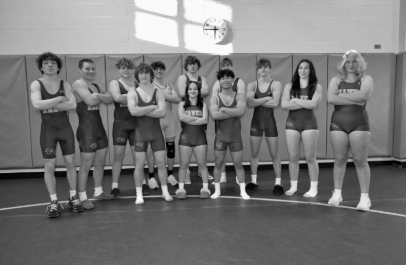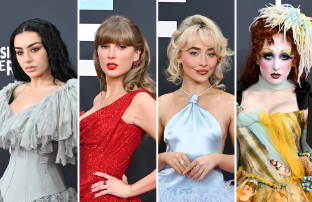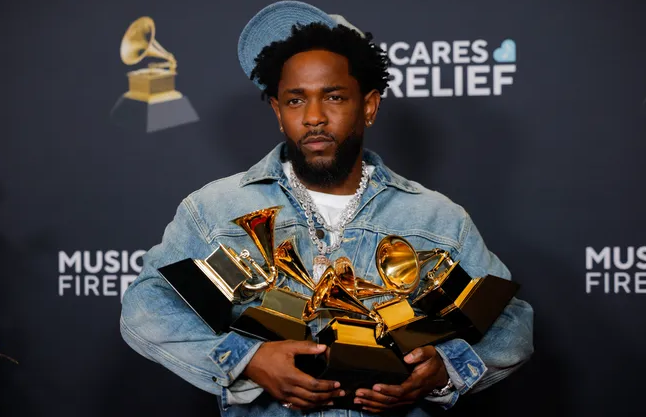Industry has done female musicians, producers dirty; Actively ignoring pioneers, powerhouses in music
January 19, 2023
The 1900s were a fundamental time in the creation of modern music. Artists such as The Beatles, Frank Sinatra, Michael Jackson, and more ruled supreme over the musical charts, establishing themselves as legends of the 20th century. However, not all the credit goes where it’s deserved.
Many women in all genres, especially women of color, are not acknowledged when it comes to their involvement in creating and popularizing music, instead giving most of, if not all, the credit to their male peers. For example, have you ever heard of Sister Rosetta Tharpe?
Probably not.
Tharpe was a gospel and rock singer in the ‘30s and ‘40s, and was a huge inspiration to the likes of Elvis Presley, Bob Dylan, Chuck Berry, and more, according to RockHall. She played her gospel songs in nightclubs and toured America as a Black woman when America was still segregated. This woman inspired the greats, the legends of rock music that are household names. However, Tharpe is somehow never given credit? Sure, Presley made the genre popular, but he gets the title of the “King of Rock n’ Roll.” Tharpe pioneered the genre, and all she gets to be called is the “Godmother of Rock n’ Roll.”
That’s just absurd. What’s even more absurd is the fact that Tharpe was only inducted into the Rock n’ Roll Hall of Fame in 2017, six years ago and 44 years after her death. In contrast, Presley was inducted in 1986, only nine years after his death.
How about Sharon “Sha-Rock” Green, the first female MC, who’s group opened for Blondie on SNL in 1981? That made her the first female rapper to appear on national television. According to ABCNews, watching this performance was a “defining moment” in rapper Jay-Z’s life; she was also a huge inspiration to DMC from hip-hop group Run-D.M.C.. Modern female artists such as Nicki Minaj and Cardi B probably would not be where they are now if not for Green. Despite this, according to okayplayer.com, Green hasn’t been paid “30 to 40 years” of royalties for her and her group (Funky 4 + 1)’s music from the ‘80s. Someone like her should be basking in fame and glory, but Green has barely been able to benefit from the music industry.
Problems such as these aren’t as uncommon as one may think; women in all aspects of the music industry face sexism and misogyny on a day-to-day basis. Women are pitted against each other, held to unreachable standards, and are deemed as “incompetent” in roles such as sound engineering and producing. Singer Björk fought against journalists who wanted to give all the credit for one of her albums to a male producer. The singer said that if a male artist had been the one to write her album, “no one would question his authorship for a second,” according to Pitchfork.
Many producers that are women are commonly shut out of the producing process. Dr. Stacy L. Smith, founder of the USC Annenberg Inclusion Initiative, reported on gender equality in the music industry. In the report, Smith says, “In particular, women of color are virtually shut out of producing the most popular songs each year. We know there are talented women from all backgrounds who are not getting access, opportunity, or credit for their work in this arena.” The study reports that for every 47 male producers, only one is female. Out of the 871 producers in the study, only four were women of color. This, according to AltPress, is because, “32 out of 75 women said that their views and abilities are often discounted. Following that, many also said that they were sexualized and stereotyped.” It’s no wonder that women leave the music industry, then! Who wouldn’t leave if they were constantly underestimated and harassed?
So many women are responsible for the music that we love and enjoy today. When will they get the credit they deserve? Will they ever have a chance to be in the spotlight without people constantly discounting them and their abilities?
















